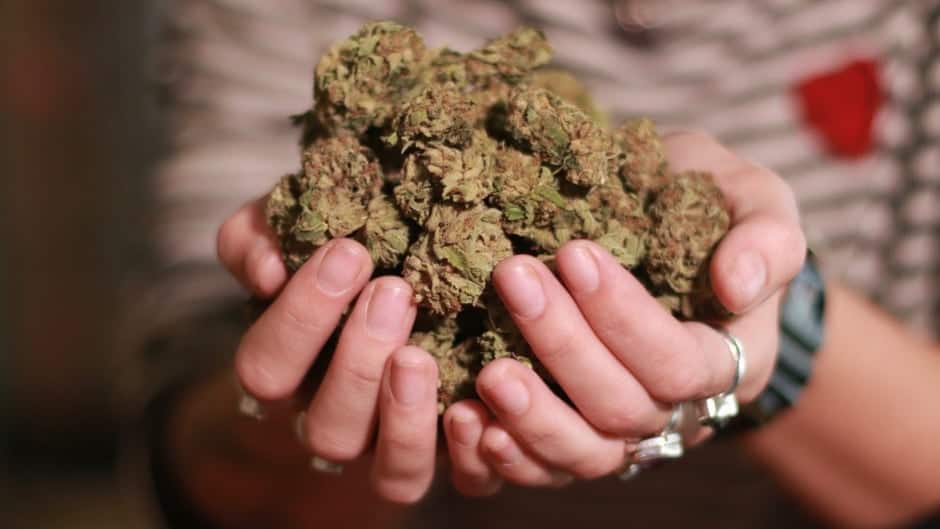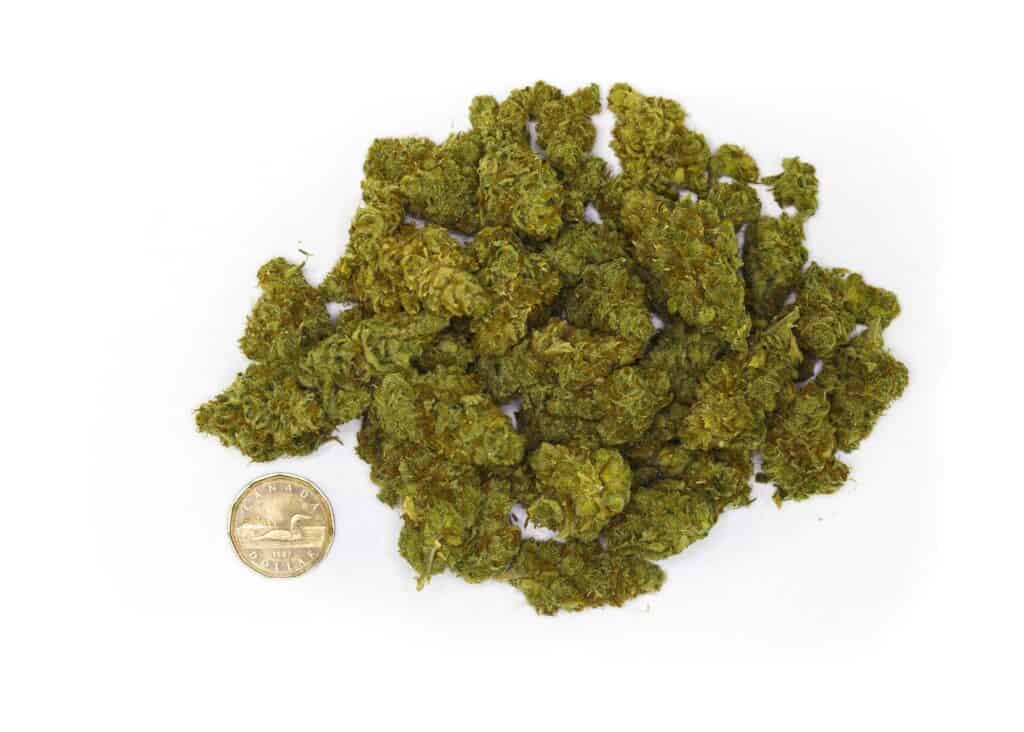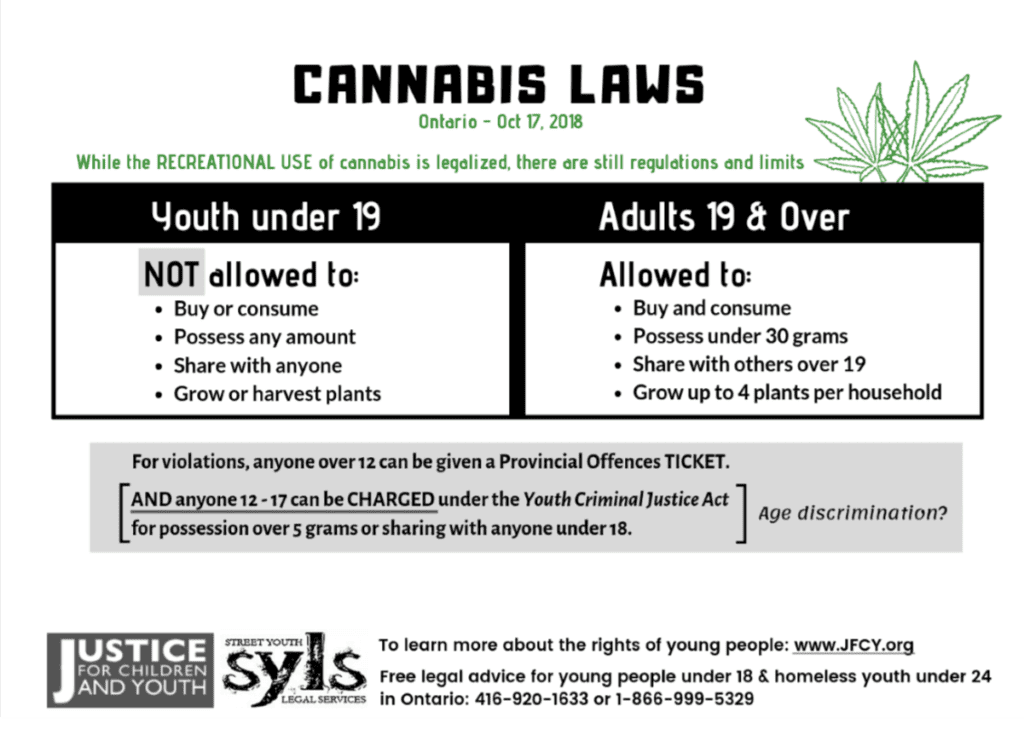Hi there! Today, we’re going to talk about an interesting topic – how much weed you can legally have in Canada. Canada legalized the recreational use of marijuana back in 2018, but there are still regulations in place regarding the amount you can possess. Throughout this article, you’ll learn about the legal limits for personal possession and cultivation, as well as any restrictions that might be in place. So, let’s dive in and find out how much weed you can legally have in Canada!
The Legalization of Weed in Canada
Canada made history in October 2018 when it became the second country in the world, after Uruguay, to legalize the recreational use of marijuana. This move was a significant step towards the normalization and acceptance of cannabis. However, it is important to note that with legalization comes a set of laws and regulations governing the possession and use of weed.
The history of cannabis legalization in Canada
The path to cannabis legalization in Canada was a long and complex one. It started with the implementation of the Marihuana for Medical Purposes Regulations (MMPR) in 2001, which allowed for the medical use of marijuana. This was followed by the introduction of the Access to Cannabis for Medical Purposes Regulations (ACMPR) in 2016, which further expanded access to medical cannabis.
After several years of debate and consultation, the Canadian government passed the Cannabis Act in 2018, officially legalizing the recreational use of marijuana. This landmark legislation allowed adults over the age of 18 (or 19 in some provinces) to possess, use, and grow limited amounts of cannabis for personal use.
Current laws and regulations regarding weed possession
Under the Cannabis Act, there are specific rules and limits in place regarding the possession of weed in Canada. These regulations differ for recreational and medical marijuana users.
Understanding Weed Possession Limits
Differentiation between recreational and medical marijuana possession limits
Recreational marijuana users are allowed to possess up to 30 grams (about one ounce) of dried cannabis or its equivalent in public. This includes all forms of cannabis, such as oils, edibles, and concentrates. On the other hand, medical marijuana users are permitted to possess a larger quantity of cannabis, as prescribed by their healthcare practitioner. Here is a provincial guide of recreational dispensaries with helpful cannabis regulations, remember that each province has a unique set of rules.
with helpful cannabis regulations, remember that each province has a unique set of rules.
Maximum amount of weed allowed for personal possession
For both recreational and medical users, there is a limit on the maximum amount of cannabis one can possess at any given time. In general, the possession limit for most provinces and territories is 30 grams (or its equivalent) in public and an unlimited amount in private residences. However, it is essential to check the specific laws and regulations of the province or territory you reside in, as some may have different possession limits.
Recreational Weed Possession Laws
Age restrictions for recreational marijuana possession
In most provinces and territories, the legal age for purchasing and possessing recreational marijuana is 19. However, in Alberta and Quebec, the legal age is 18. It is important to adhere to these age restrictions and not attempt to purchase or possess cannabis if you are underage, as this can result in legal consequences.
Limitations on public possession and consumption
While it is legal for adults to possess and use cannabis in Canada, there are still limitations on where it can be consumed. It is illegal to consume marijuana in public places where smoking tobacco is prohibited, such as parks, playgrounds, and public transportation. Additionally, consuming cannabis in a motor vehicle, whether you are the driver or a passenger, is strictly prohibited.
Medical Marijuana Possession Laws
Qualifications for obtaining a medical marijuana license
To be eligible for a medical marijuana license in Canada, individuals must have a valid medical condition that can be treated with cannabis. This condition must be certified by a healthcare practitioner, and the individual must be registered with a licensed producer. Once registered, medical marijuana users can possess and use the amount of cannabis specified by their healthcare practitioner.
Prescribed amounts of weed for medical users
The prescribed amount of cannabis for medical users may vary depending on the individual’s medical condition and treatment plan. Healthcare practitioners carefully consider factors such as the patient’s symptoms, previous treatment options, and the desired effects of the cannabis when determining the appropriate dosage.

Penalties for Exceeding Weed Possession Limits
Fines and penalties for individuals found in possession of excessive weed
If you are found in possession of more cannabis than the legal limits allow, you may face penalties and fines. The specific consequences vary depending on the province or territory, but they can include confiscation of the excess cannabis, fines, and potential criminal charges for repeated offenses or large quantities. It is important to familiarize yourself with the laws and regulations of your specific province or territory to avoid any legal trouble.
Prosecution for trafficking or illegal distribution
It is crucial to note that while cannabis is legal for personal use, the sale, distribution, or trafficking of marijuana without the appropriate licenses is still illegal. Engaging in such activities can lead to severe legal consequences, including imprisonment.
Transporting Weed in Canada
Rules and regulations for transporting marijuana within Canada
The transportation of marijuana within Canada is subject to certain rules and regulations. When transporting cannabis, it must be stored in a closed container that is inaccessible to the driver and any passengers. It is also important to note that transporting marijuana across provincial or territorial borders can have additional restrictions, and it is essential to comply with the specific requirements of the region you are traveling to or from.
Restrictions on crossing international borders with marijuana
Crossing international borders with marijuana is strictly prohibited. It is a criminal offense in Canada to attempt to bring cannabis across international borders, whether by land, air, or sea. This includes both the possession and transportation of cannabis. Violating these laws can result in legal consequences, including imprisonment and difficulty entering other countries in the future.

Weed Possession in Public Spaces
Prohibited areas for possessing weed in public
While it is legal for adults to possess and consume cannabis, there are restrictions on where it can be done. It is prohibited to possess and consume marijuana in public places where smoking tobacco is also prohibited. Common areas where cannabis consumption is restricted include parks, playgrounds, schools, and government buildings.
Consequences of consuming marijuana in restricted places
Consuming cannabis in restricted places can result in legal consequences. If caught consuming marijuana in a prohibited area, individuals may face fines, confiscation of the cannabis, and potential criminal charges depending on the severity and frequency of the offense. It is crucial to respect the laws and regulations surrounding cannabis use to ensure a positive and legal experience.
Growing Weed at Home
Laws and regulations surrounding home cultivation of marijuana
The Cannabis Act allows for the cultivation of up to four cannabis plants per household for personal use. However, it is important to note that some provinces and territories have imposed additional regulations or restrictions on home cultivation. For example, Quebec and Manitoba have banned home cultivation altogether. It is crucial to research and understand the specific laws and regulations of your province or territory before growing cannabis at home.
Limitations and restrictions on the number of plants allowed
As mentioned, the legal limit for home cultivation is generally four plants per household. It is crucial to adhere to this limit to avoid any legal consequences. Additionally, it is important to keep the plants safely secured and out of reach of children or unauthorized individuals to prevent accidental consumption or theft.

This image is property of jfcy.org.
Weed Possession and Driving
Implications of driving while under the influence of marijuana
Driving under the influence of marijuana is illegal in Canada. Cannabis can impair motor skills, coordination, and response time, leading to dangerous situations on the road. If caught driving while impaired by marijuana, individuals may face severe penalties, including fines, license suspension, and potential criminal charges. It is crucial to refrain from driving after consuming cannabis and to utilize alternative transportation methods.
Legal limits for THC concentration in drivers’ blood
The legal limit for THC (the psychoactive component of marijuana) concentration in drivers’ blood is the same across Canada. It is set at 2 nanograms (ng) per milliliter (ml) but can vary in some provinces. It is important to note that impairment can still occur below this limit, and driving after consuming marijuana is always discouraged.
Conclusion
In conclusion, the laws and regulations surrounding the possession and use of marijuana in Canada are complex but essential to understand. Adults over the legal age are allowed to possess and use limited amounts of cannabis for personal use. It is crucial to be aware of the possession limits and adhere to the laws and regulations of your specific province or territory. By understanding and adhering to these laws, we can ensure a positive and responsible cannabis experience in Canada.
Recent Posts
Discover how bubble hash is rated on a 1 to 6 scale. From texture and color to aroma and potency, learn the key factors that determine the quality of bubble hash. Whether you're a seasoned cannabis...
Looking to learn about the most popular style of hash? This article explores the different types, from traditional to bubble hash, and reveals the people's favorite. Join us on a journey through the...
